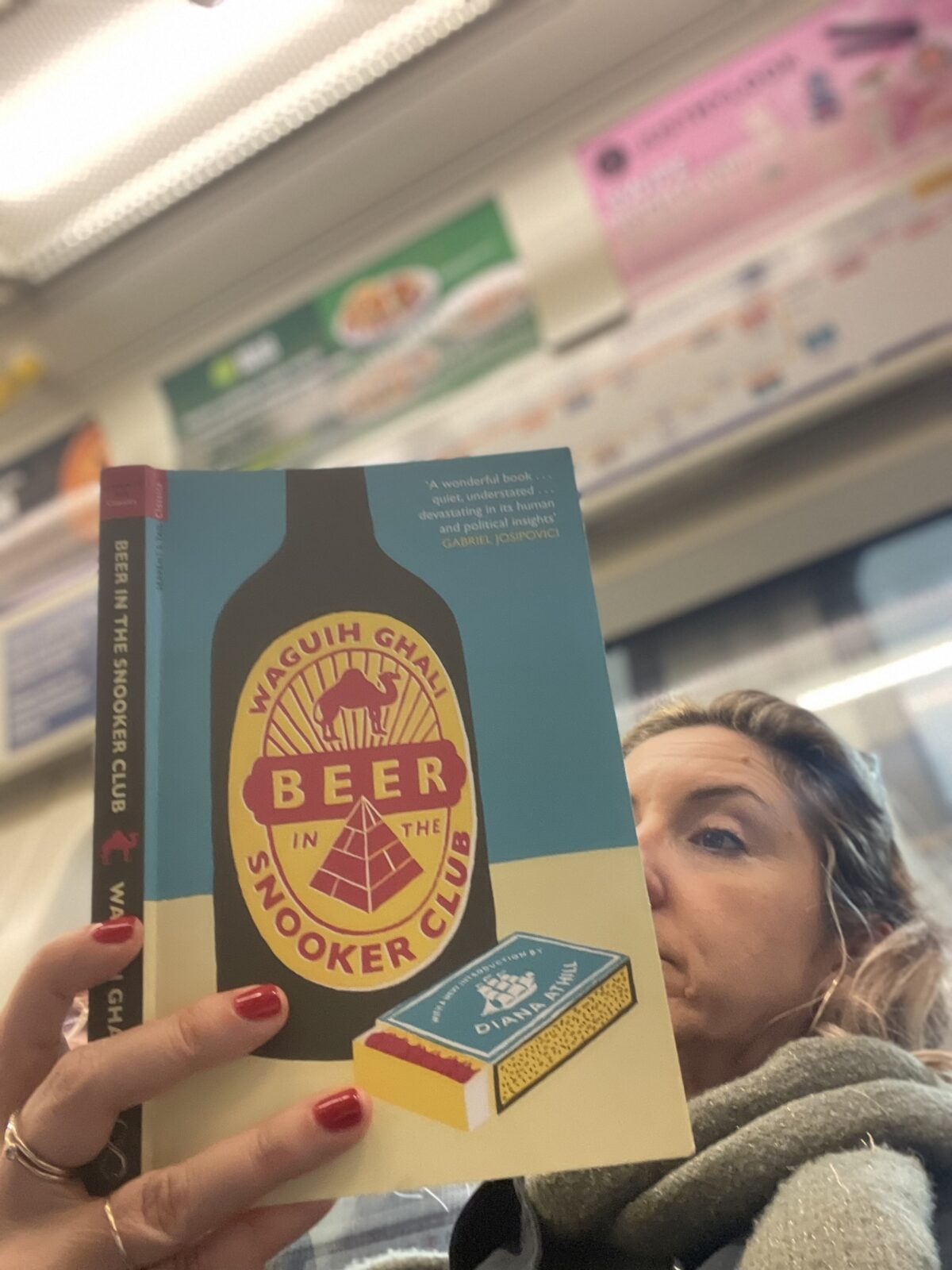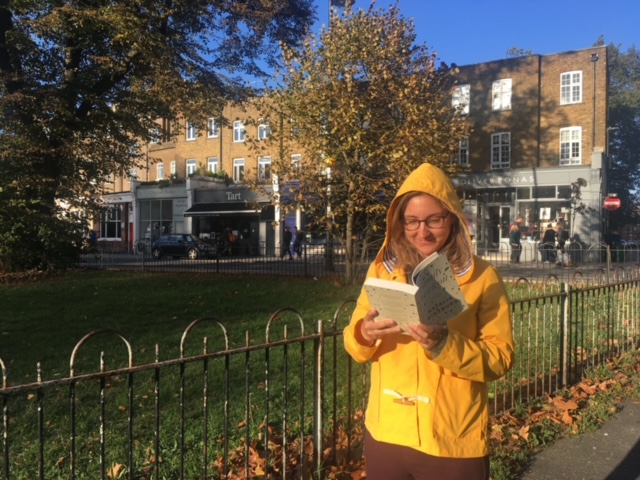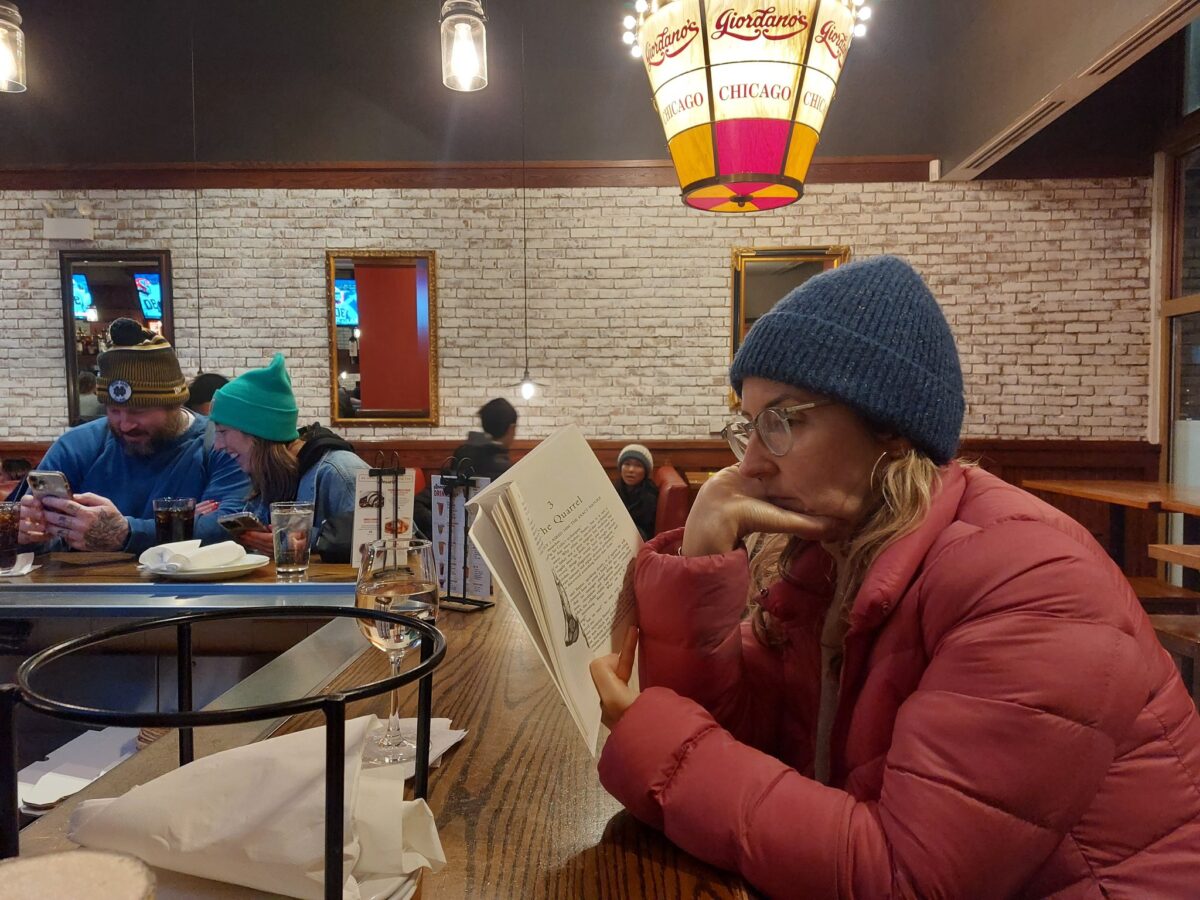There are many novels about unhappy marriages. This is a particularly good one. I had never heard of THE PUMPKIN EATER before, but I am informed by the Introduction that is among the first and most important of the twentieth century. I don’t know about that, but I thought it was banging.
Try this description: “His eyes twinkled as though hung in his head to frighten the birds away”
The book tells the story of a woman on her third marriage, with a large number of children. She gets pregnant again and her husband is not happy, so she agrees to an abortion and sterilization. The day she gets back from the hospital, she finds out he is having an affair. This is back in the day when cheating was more acceptable, but she does not find it to be very okay. To be fair to him, she herself admits she is unhealthily obsessed with children, and especially babies. She makes this interesting summary:
Now I realized how completely I had been absorbed by Jake. I needed the outside world, but had no idea where to find it. For the first time, I needed friends; there were none. Over-indulgence in sexual and family life had left us, as far as other relationships were concerned, virginal; we said we had friends much as schoolchildren, busy with notes and hearts and keepsakes, say they have lovers.
I found this so interesting! It’s rare you see this idea expressed, but I think it is in fact very common for married people to be extraordinarily lonely and friend-less, and not even know that they are.










